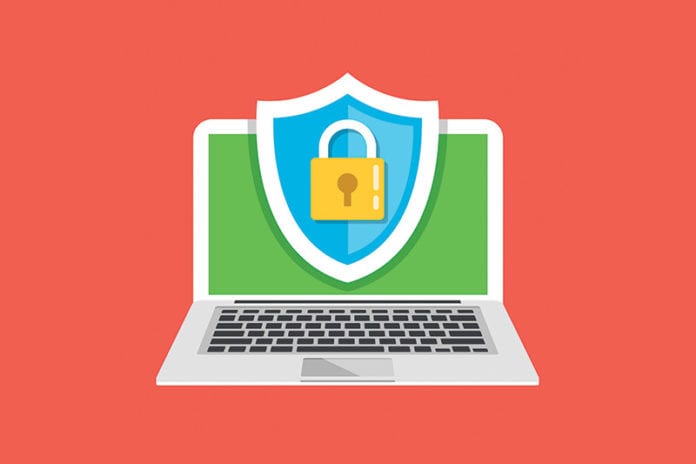It's no secret that kids have a sense of invincibility. While that trait can bring some endearing reminders of the innocence of childhood, it can also have some highly unfortunate consequences. In the context of cyber security, an action by an unknowing child can impact the entire family.
The majority of U.S. households are filled with devices that pose a potential threat to your personal security. In fact, according to the 2016 Global Consumer Security Survey by Trend Micro, nearly half of households have two or more computers and nearly a third have three or more smartphones. That means the opportunities are plentiful for missteps to occur.
Despite the many benefits of a highly connected world, the potential for danger is strong. The same study found that 65 percent of respondents' computers had been infected with a virus or malware. Other concerns included damage or loss of files, children viewing inappropriate content, cyberbullying and ID or password theft.
While there are plenty of parental controls and blocks available, they aren't foolproof. Educating children about the potential risks and how to avoid them can go a long way toward protecting your family from potential cyber problems.
Open up a conversation with your children about cyber security with these tips from the experts at Trend Micro:
- Understand what you're saying yes to. Be involved, knowledgeable and interested in the devices, apps and sites your children use for school and for fun. For sites they use for school, ask their teachers for more information. For apps they're using at home, spend 15 minutes trying it out yourself.
- Use privacy settings and features. Make sure you understand what privacy protections your browser or devices offer for your family when your kids are accessing their favorite sites, apps and online services. Many browsers allow you to prevent sites from tracking what you do and where you go online, so spend some time looking at web browser settings to see what privacy options are available to you. Mobile devices also have settings that can restrict apps from knowing your physical location or accessing your camera, microphone, photos or contacts.
- Use features and services available within an app or website. Also take a look at the privacy settings available in the specific apps, websites or games your family uses. Most will let you have a private account, which means the whole world won't be able to see what you post or who you're connected to. It also means that people have to ask your permission before they can follow you.
- Remember that being online is a public life. Nothing is truly private online. If you and your family keep this in mind, it can help you all think through what you are about to post, like and click on, as well as who you connect with online.
- Talk to other families. Other kids or families may have a different definition of what is or isn't "private." Encourage your kids to talk to their friends about how they will respect each other's privacy online. Good friends will understand, think and ask before posting a photo or information about their friends. Talk to other parents about your feelings on privacy, too, and ask for their opinions with the goal of protecting and respecting each other's privacy online.
Explore more ideas to keep your kids and family safe online at internetsafety.trendmicro.com.



